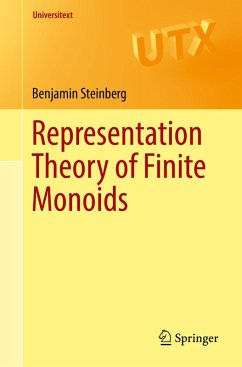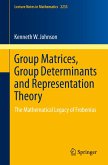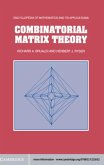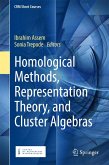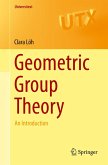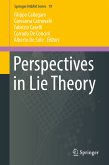Prior knowledge of semigroup theory is not expected for the diverse readership that may benefit from this exposition. The approach taken in this book is highly module-theoretic and follows the modern flavor of the theory of finite dimensional algebras. The content is divided into 7 parts. Part I consists of 3 preliminary chapters with no prior knowledge beyond group theory assumed. Part II forms the core of the material giving a modern module-theoretic treatment of the Clifford -Munn-Ponizovskii theory of irreducible representations. Part III concerns character theory and the character table of a monoid. Part IV is devoted to the representation theory of inverse monoids and categories and Part V presents the theory of the Rhodes radical with applications to triangularizability. Part VI features 3 chapters devoted to applications to diverse areas of mathematics and forms a high point of the text. The last part, Part VII, is concerned with advanced topics. There are also 3 appendices reviewing finite dimensional algebras, group representation theory, and Möbius inversion.
Dieser Download kann aus rechtlichen Gründen nur mit Rechnungsadresse in A, B, BG, CY, CZ, D, DK, EW, E, FIN, F, GR, HR, H, IRL, I, LT, L, LR, M, NL, PL, P, R, S, SLO, SK ausgeliefert werden.
Hinweis: Dieser Artikel kann nur an eine deutsche Lieferadresse ausgeliefert werden.
"This is the first monograph concerned with the representation theory of finite monoids and which takes a modern module theoretic view of the subject. It intends to serve graduate students and researchers in combinatorics, automata theory and probability theory." (K. Auinger, Monatshefte für Mathematik, Vol. 188, 2019)
"The real strength of the book is that it also addresses and presents many recent applications of representation theory of finite monoids which served as motivation for many activities in the area during the last twenty years. ... this is a well-written and very timely monograph which is suitable for both advanced researchers and graduate studentsfrom a wide range of mathematical areas." (Volodymyr Mazorchuck, Mathematical Reviews, September, 2017)

